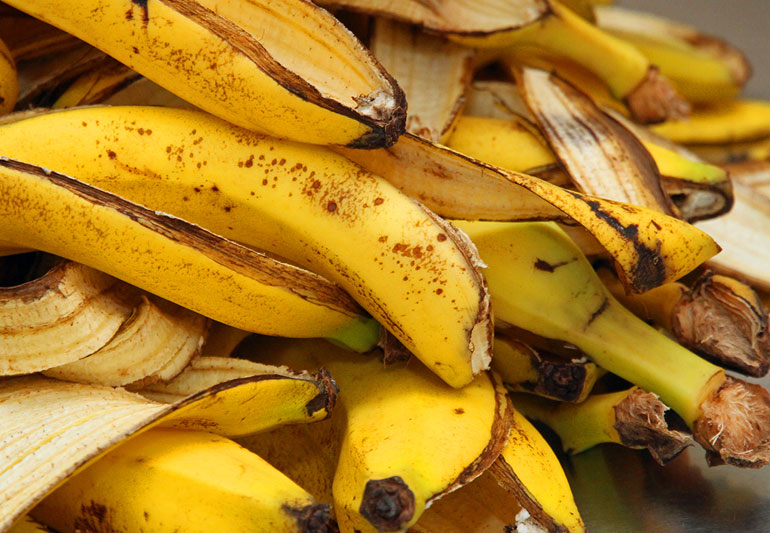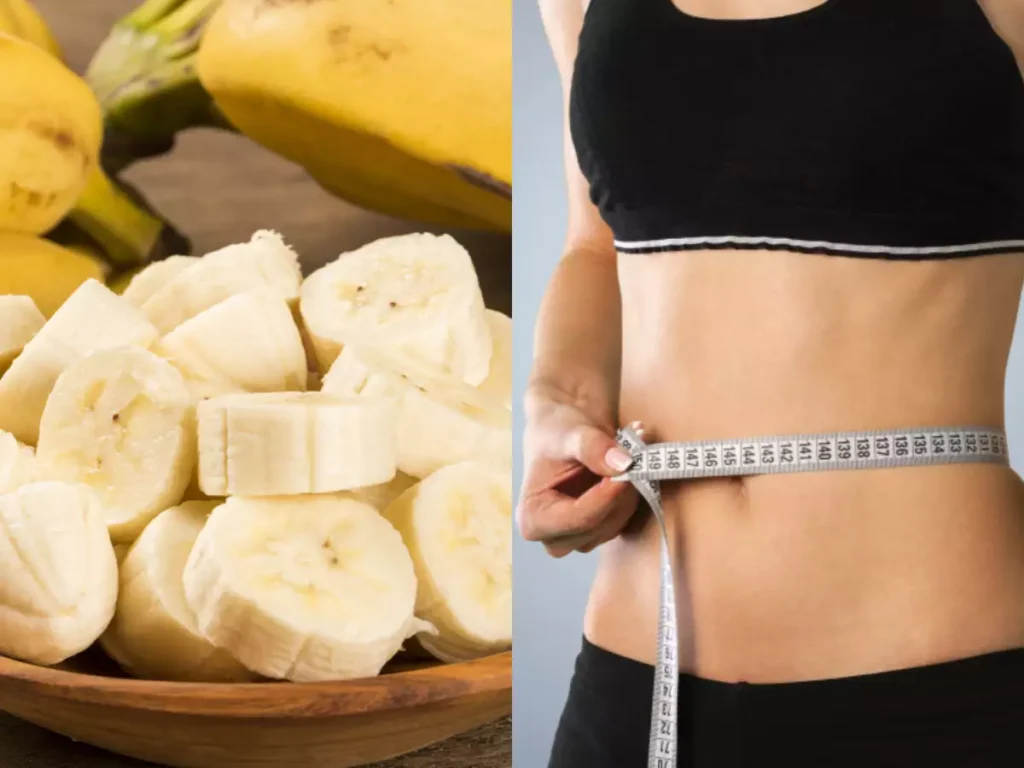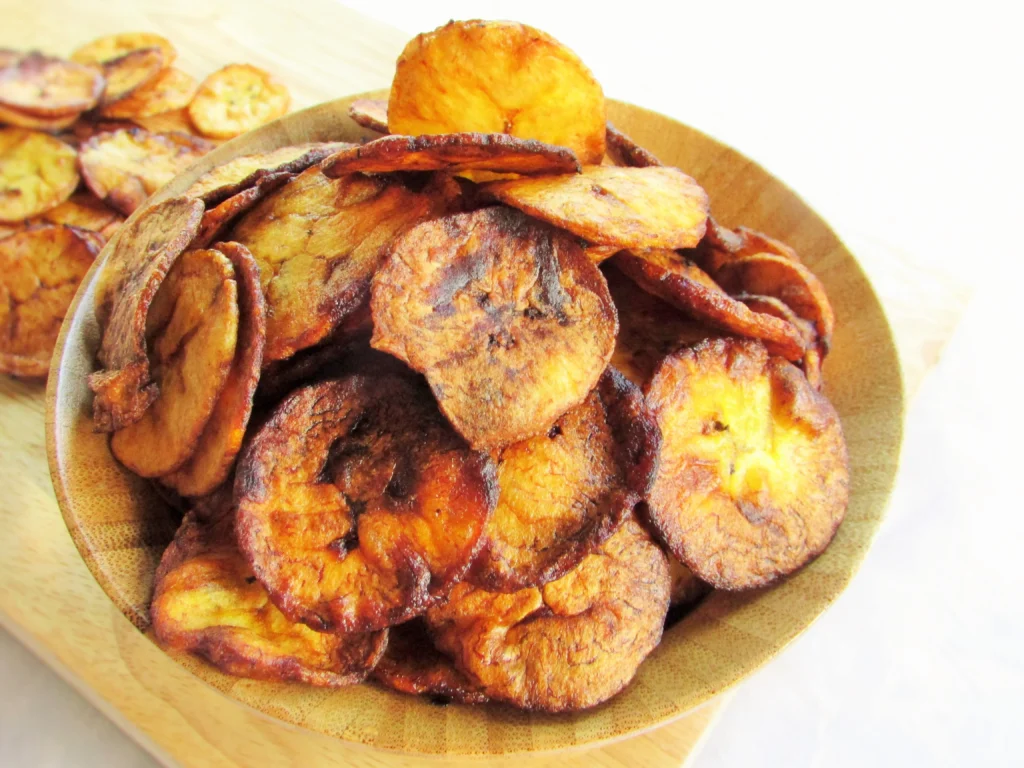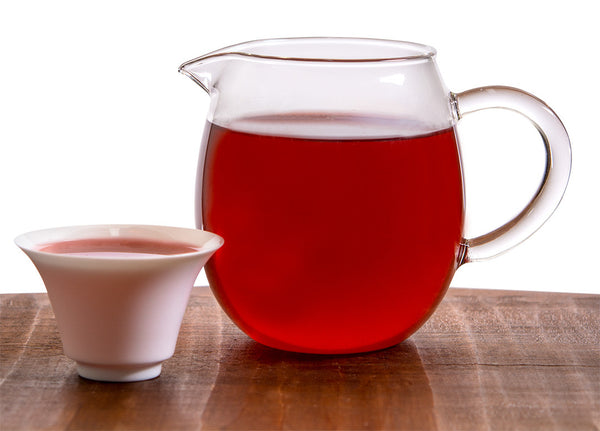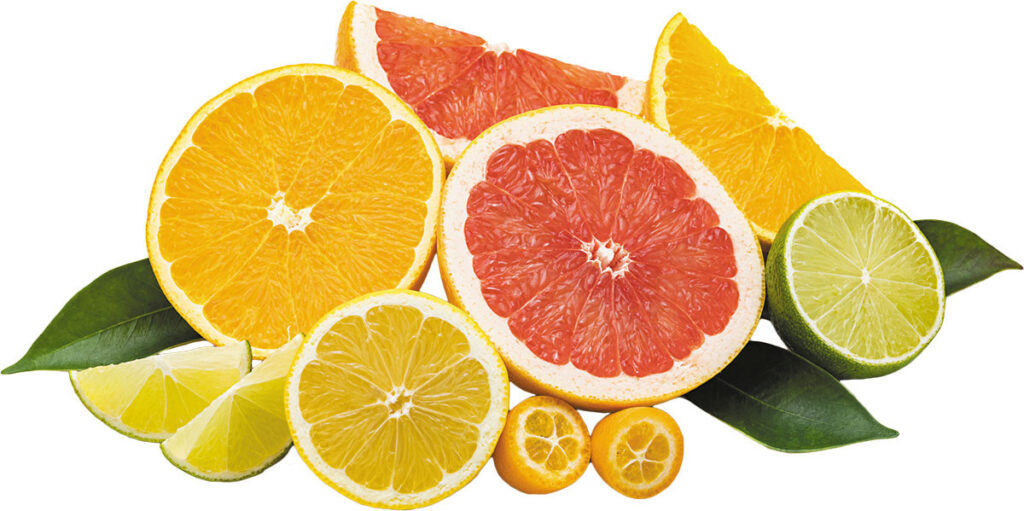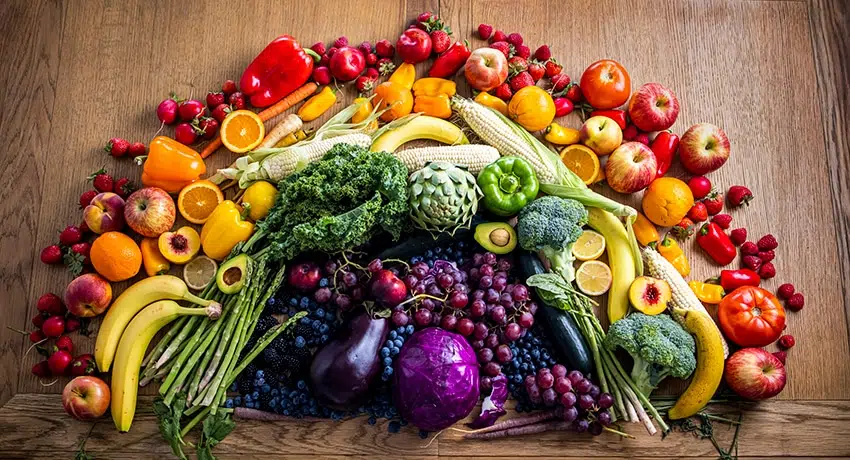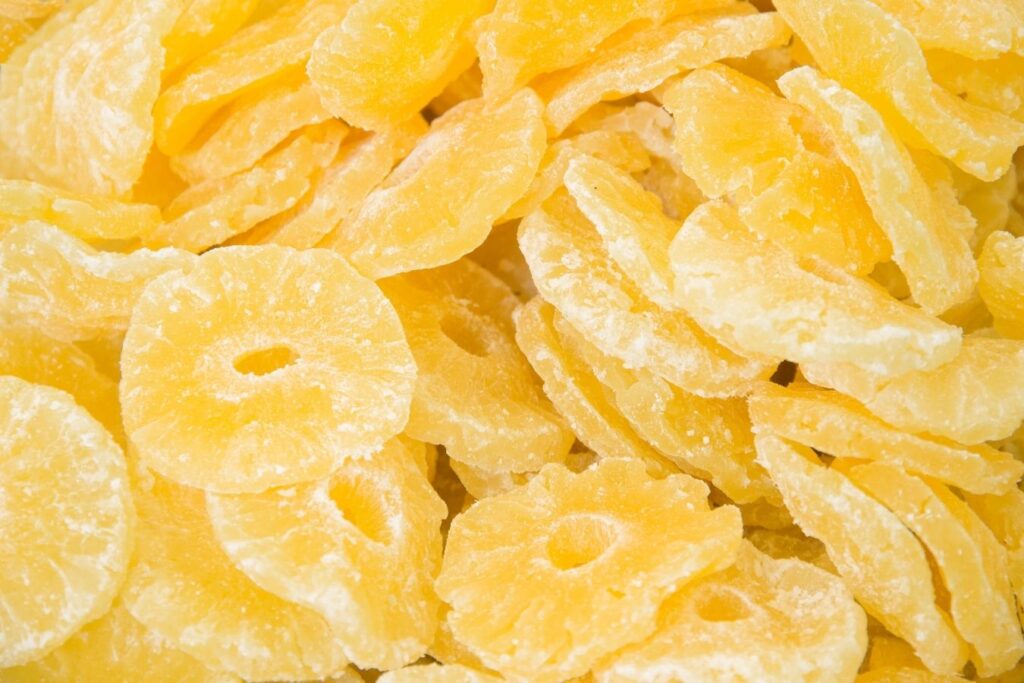Many of us enjoy bananas as a quick and healthy snack. But sometimes people get worried that eating bananas might cause them to put on weight because they have a lot of sugar and calories. Is it really possible that a fruit like a banana can make you gain weight? Let’s find out.
Table of Contents
What’s in a Banana?
A banana is mostly made up of carbohydrates and it also has fiber. If you eat a banana that’s medium in size, it has about 105 calories. The carbohydrates make up about 26 grams of this. Each banana also has about 1 gram of protein and just a little bit of fat—0.4 gram.
When bananas are ripe, they have sugars like sucrose, fructose, and glucose. Green bananas that aren’t ripe yet have more starch and less sugar. When bananas ripen, the starch changes into sugar, which is why they get sweeter.
You’ll find that bananas have a good amount of fiber—about 3 grams in each one. Fiber is great because it slows down how fast you digest food, keeps your blood sugar in check, and helps you feel full longer after you eat. This all can help you manage your hunger and your weight.
Bananas are also a source of vitamin C, vitamin B6, and potassium. The vitamins and antioxidants in bananas can help reduce damage in your body from things like stress and inflammation.
Will Eating Bananas Make You Gain Weight?
No, bananas by themselves won’t make you gain weight. If you eat them in a reasonable way as a part of a diet that’s balanced, they give you lots of fiber and important nutrients that help keep you healthy. Whether you gain or lose weight depends on how many calories you eat in total, not just whether you eat bananas.
Bananas also don’t cause a big spike in your blood sugar because they have a low glycemic load when you consider how much you would typically eat. They slow down digestion and help control your blood sugar.
Even slightly unripe bananas can be even better for your blood sugar than ones that are really ripe. But you can still enjoy both kinds in a diet that manages blood sugar well. Remember, eating a variety of whole foods and watching your portions is the best plan.
Some people worry that because bananas are a fruit with a lot of carbs, they could make you fat. But the research doesn’t support this worry. What matters for gaining weight is the total calories you eat, not just the carbs. Bananas might be a fruit that’s higher in energy, but they are also packed with nutrients and make you feel full because of their fiber and resistant starch.
If you’re mindful of your total calorie intake, having bananas can absolutely fit into a healthy diet and help with keeping your weight where you want it. They’re not too high in calories or carbs, especially as a snack or a small part of a meal.
Bananas: Will They Help You Lose or Gain Weight?
Bananas have enough calories to be a good, small meal or a solid snack, giving you about 100 calories each. Whether they contribute to weight gain or loss really depends on how they fit into your overall calorie intake. By themselves, bananas won’t make you gain fat. But if you eat a lot of them, you might go over your daily calorie needs.
If you’re trying to lose weight, you could include bananas in a diet that has fewer calories. The fiber and resistant starch in bananas can make digestion slower, control your hunger, and keep you feeling fuller for longer after you eat. This could prevent you from eating too much later on.
For those who can control their portions and have a healthy attitude towards food, bananas can be very helpful for managing weight and slimming down. They have nutrients and fiber that can help your body burn fat and store less of it.
Tips for Eating Bananas When Managing Weight
If you’re trying to maintain a healthy weight, here’s how you can include bananas in your diet:
- One small or medium banana is a good portion size, giving you around 100 calories for a snack.
- Eating bananas with some healthy protein or fat, like nuts or seed butter, can help keep you full and control your blood sugar.
- Try not to add extra sugar, like syrups or chocolate dips, to your bananas. Instead, go for healthy toppings like yogurt and fresh berries.
- Think about when you eat your banana. Having one a bit before a meal can reduce your hunger at mealtime. But eating one right before eating a lot might make you consume more calories in total.
- Choose a banana over less healthy snacks like chips, sweets, or ice cream. Bananas are much more nutritious and are full of fiber.
- Use bananas that are still a bit green in your cooking and baking to keep your blood sugar more steady compared to using very ripe bananas.
- After working out, you can eat a banana to help your muscles recover, as they are more ready to use the sugar in the banana effectively at that time.
Key Takeaways
Bananas are a great choice for a balanced diet and can be included in a weight management plan when eaten in moderation. They offer a wonderful mix of nutrients, fiber, and plant compounds that support good health. Keep an eye on how much you eat and when you eat it, but for most people, bananas won’t directly cause weight gain or issues with weight. With their great taste and nutrition, bananas are an excellent snack for any healthy lifestyle.
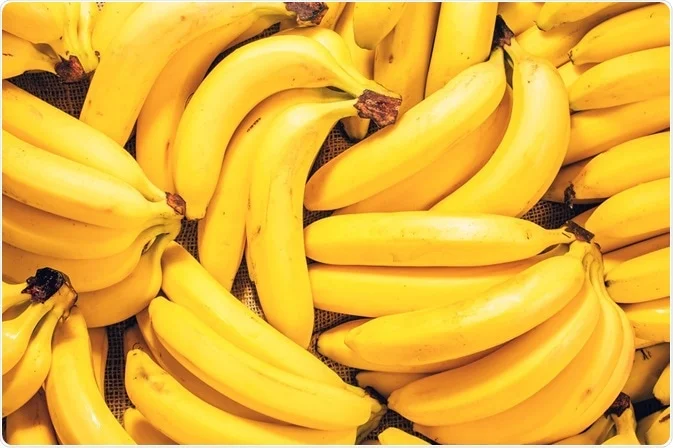
![Is Cucumber Good For Women's Health? [15 Impressive Benefits]"](https://fruitonix.com/wp-content/uploads/2023/09/Screenshot-2023-09-02-1.11.51-AM.png)
